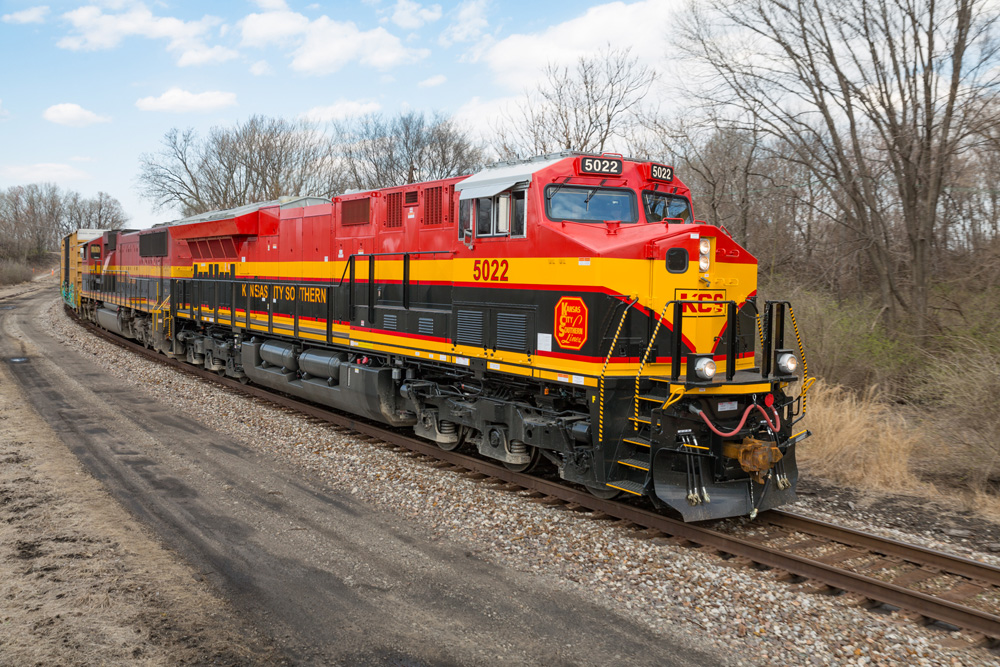 CHICAGO — BNSF Railway has been ordered to pay $228 million in a federal class-action lawsuit after a jury found that the railroad violated Illinois state law by collecting employee fingerprints without prior consent.
CHICAGO — BNSF Railway has been ordered to pay $228 million in a federal class-action lawsuit after a jury found that the railroad violated Illinois state law by collecting employee fingerprints without prior consent.
The decision is the first in a case involving the state’s Biometric Information Privacy Act, the first law passed by a state to address the collection of fingerprint and other biological data of workers or consumers.
Bloomberg Law reports truck driver Richard Rogers filed suit, arguing that he was required to use his fingerprint to access Chicago-area BNSF intermodal facilities, and that the railroad failed to disclose the purpose of collecting fingerprints, and did not publish a data retention or destruction policy as required under the state’s Biometric Information Privacy Act.
The jury found that BNSF had recklessly or intentionally violated the law 45,600 times, one for each member of the class action, which subjects BNSF to a $5,000 fine for each violation.
Railroad spokewoman Lena Kent told Bloomberg the company will appeal, saying the company believes the verdict “reflects a misunderstanding of key issues.”














“BNSF argued in subsequent filings that it should not be held liable for biometric data collection conducted on its behalf by a third-party contractor, Remprex LLC., an argument Judge Matthew Kennelly of the US District Court for the Northern District of Illinois rejected in September.”
Depends on the contract signed between Remprex LLC and BNSF to secure the trailer transfer yard.
If Remprex is a “pass through” contractor and only responds to requirements supplied by who engages them, then BNSF is liable. If the contract states Remprex is responsible for complying with all local and state laws, then Remprex is liable.
For those thinking Federal Law preempts in this case, the issue is around the authority over truck drivers, which is a state licensed activity accessing a private commercial yard within the same state. Remprex/BNSF probably does not want to provide ID’s or bar codes to scan due to them being handed around to just anyone driving.
Should be an interesting test case for biometrics laws.
More will be revealed…
Going to put this one on the same level as two person state regulations…the railroad is governed by Federal law and state law shouldn’t apply in the context of interstate commerce.
GERALD — I see your point. There are some issues where state law applies, such as robbery, assault, murder etc. on railroad property. In this particular case, I’m with you, this was part of the interstate commercial activity, so federal law should apply.
As long as it’s not both. Should be one or the other, state law or federal law. No person or corporation should be subject to conflicting laws, one state and one federal.